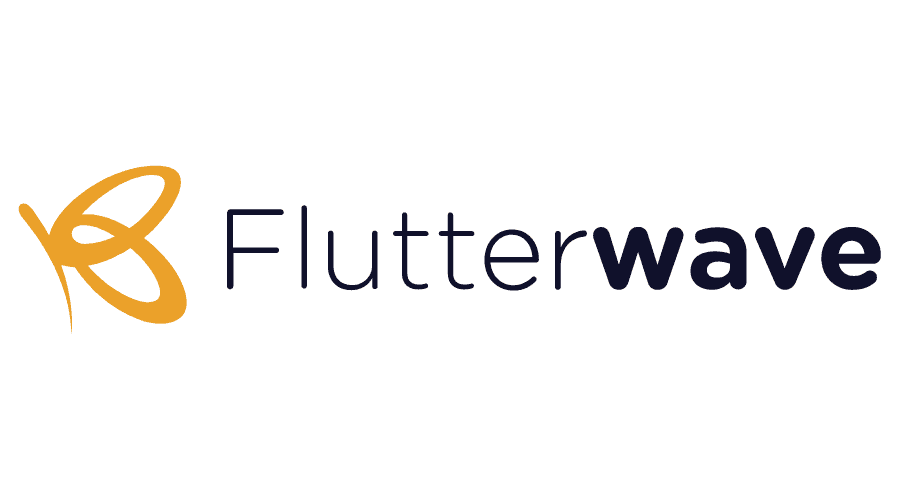In recent years, the tech industry has witnessed unparalleled growth. With fintech companies leading the charge in innovation and financial inclusion. However, this rapid expansion has not come without its challenges. Among these, the Flutterwave scandal stands out as a significant event that has sparked widespread discussion. And concern across the financial technology sector. The intricacies of the Flutterwave scandal, examining its implications for the fintech industry and stakeholders involved.
Background of Flutterwave
Before delving into the scandal itself, it is crucial to understand Flutterwave’s role in the fintech ecosystem. Established as a pioneering payment solutions provider, Flutterwave has facilitated seamless transactions across Africa. Bridging the gap between African businesses and the global market. The company’s innovative approach and robust platform have earned it recognition and trust from both clients and investors worldwide.
Unraveling the Scandal
At the heart of the Flutterwave scandal lies a series of allegations that have raised serious questions about the company’s operational integrity and ethical standards. Reports surfaced, detailing instances of financial mismanagement, regulatory non-compliance, and potential misuse of user data. These revelations have not only tarnished Flutterwave’s reputation but also cast a shadow over the fintech industry’s regulatory and ethical frameworks.
Impact on the Fintech Industry
The repercussions of the Flutterwave scandal extend far beyond the company itself, affecting the fintech industry at large. Stakeholders, including investors, customers, and regulatory bodies, have been compelled to reevaluate their engagement with fintech companies. The scandal has underscored the importance of stringent regulatory compliance, transparent operations, and the safeguarding of user data. Moreover, it has sparked a broader discussion on the need for robust ethical guidelines and accountability mechanisms within the fintech sector.
Future Prospects
In the aftermath of the Flutterwave scandal, the fintech industry stands at a crossroads. The path forward requires a concerted effort from all stakeholders to restore trust, enhance regulatory frameworks, and promote ethical business practices. For Flutterwave, this means addressing the allegations head-on, implementing necessary reforms, and rebuilding its reputation. For the industry, it represents an opportunity to reinforce its commitment to integrity, innovation, and customer protection.
Conclusion
The Flutterwave scandal has served as a wake-up call for the fintech industry. Highlighting vulnerabilities and prompting a reevaluation of practices and policies. As the sector continues to evolve, the lessons learned from this scandal will undoubtedly play a crucial role in shaping its future direction. By embracing transparency, accountability, and ethical practices. The fintech industry can navigate these challenges and continue to drive financial innovation and inclusion across the globe.

